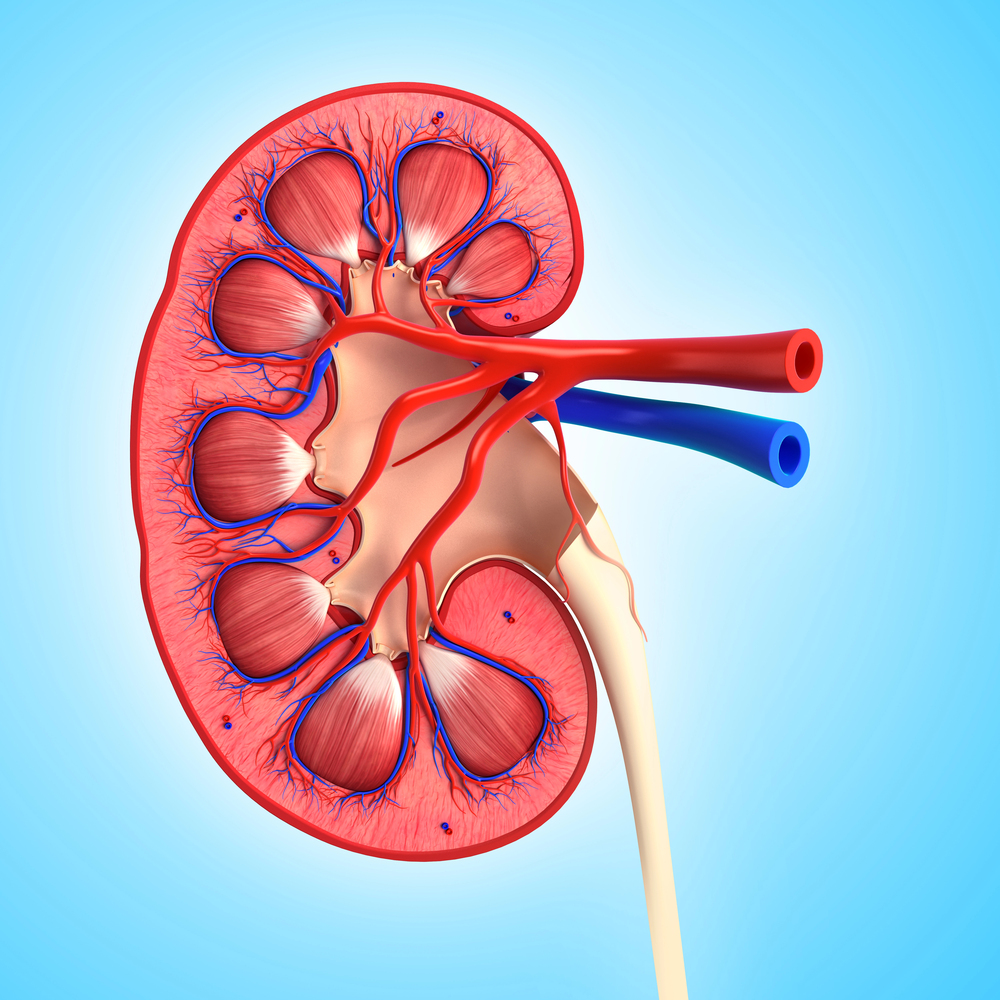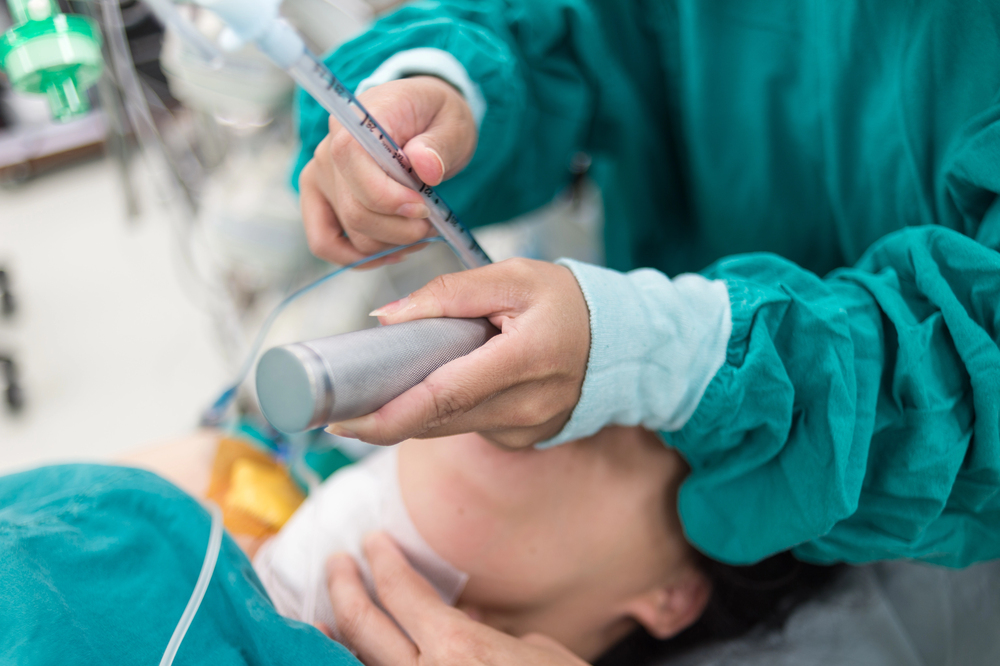Limited research has explored the causes of sexual pain and difficulties with intercourse that are experienced by women across the world. Dr Thula Koops and Professor Peer Briken at the University Medical Center Hamburg-Eppendorf have spoken to women experiencing these difficulties and listened to their real stories and thoughts on the origins of their sexual difficulties. Based on these interviews, two main themes emerged. The first links these difficulties to perceived implications of womanhood, while the second focuses on the separation between body and mind in relation to the cause. More
Despite up to one in five women experiencing sexual pain, women’s sexual pain difficulties remain an under-researched topic. Those who endure persistent or recurring problems in this area are likely to seek professional support and may be diagnosed with dyspareunia, causing vulvovaginal pain, or vaginismus – muscle cramps which prevent vaginal penetration.
There has been much debate between healthcare professionals and researchers around the validity and categorisation of these conditions. Within the last decade, the American Psychiatric Association has merged and reclassified them as genito-pelvic pain penetration disorder. Despite this step forward, a knowledge gap remains around the causes of these sexual issues for women.
There have been quantitative investigations into the possible emotional and cognitive causes, focusing on issues such as fear, disgust sensitivity and catastrophising thoughts. However, social factors are often overlooked within research on individual psychological factors. Statistics have demonstrated some possible social influences on this phenomenon, as women in countries with less gender equality are more likely to experience pain. Qualitative studies have aimed to explore women’s thoughts and feelings in relation to this topic in more depth.
Dr Koops and Professor Briken from the Institute for Sex Research, Sexual Medicine, and Forensic Psychiatry at the University Medical Center Hamburg-Eppendorf have undertaken a study that aims to investigate individual experiences and psycho-social conditions that may contribute to painful and difficult sexual intercourse amongst women.
…
The team’s research involved interviewing 28 adult women who had sought professional advice in relation to dyspareunia or vaginismus. The interviews took place in either a clinical or home setting, depending on the participants’ preference.
The interviewer asked an opening question and allowed the women to speak about any life experiences that they felt were relevant. They were allowed to talk uninterrupted for as long as they wished to tell their story. The interviewer then followed up with questions around any topics that had not been covered organically within each participant’s open dialogue. Dr Koops and Professor Briken analysed the interviews using Grounded Theory, which involves coding the data into ideas and concepts which can help to form theories.
…
Two overarching themes emerged from the data based on the interviews.
The first main theme was referred to as ‘negotiating womanhood’ because it relates to issues shaping individuals’ experiences as women. Some of the participants directly attributed their problems to being female, describing that if they were male, they would not experience the same problem. A few also referenced that the female body is a source of pain in other areas beyond sex, such as menstruation, bladder infections, childbirth and breast feeding.
Some women even framed themselves as ‘atypical’ because of their difficulties. Others explained how they did not fit into traditional feminine stereotypes of being an agreeable, empathic and caring mother or wife. They also highlighted how women were scrutinised in relation to their bodies, with attractiveness being defined by weight and femininity.
Another key factor relating to womanhood was pregnancy and the concept of being a mother. Sexual difficulties were seen as a direct obstacle to having children, which some of the participants desired. Being able to bear a child was seen as a unique factor of womanhood, and becoming a mother was linked with greater femininity. Some participants were troubled that they were not living up to this ideal due to their sexual issues. For others, the fear of pregnancy was thought to contribute to their issues around sexual intercourse.
Feeling vulnerable was another factor that was intertwined with being a women. Some of the participants explicitly spoke about the fear they felt around being open to attack from men as a member of the ‘weaker sex’. Physical vulnerability had been experienced by a number of women, including issues such as birth trauma leading to fear of further genital damage. Others had issues relating to sexual abuse or coercion which shaped their experiences. Interestingly, several participants assumed that other women had these problems due to past sexual trauma and abuse, despite them never having personally experienced this. Some women had problems around vulnerability due to power imbalances in their relationships.
One major factor mentioned within women’s dialogues was the concept of ‘sexual normality’, as they often felt this was something they were not able to obtain or live up to. Several women admitted to putting pressure on themselves to have what they presumed to be normal sexual desires. Some even questioned whether their partner was ‘the one’ due to their experiences of sexual pain. There was also a fear that low sexual activity could drive their partner to have an affair or leave the relationship.
…
The second overarching theme established by Dr Koops and Professor Briken relates to the body being seen as separate from the ‘self’. Participants differed in terms of whether they thought their sexual difficulties were caused by the mind or the body. Some believed that their sexual problems were because of physical abnormalities, whereas others blamed mental issues such as not being able to ‘switch off’ their thoughts during sex.
While some participants attributed their issues to both mind and body, they generally referred to them as separate entities rather than being linked. Physical issues were seen as a relief for some as these were perceived to be outside of their control and may be more likely to have a straightforward solution.
…
Analysing the narrative and real-life stories around women’s experiences of sexual pain and difficulties with intercourse has yielded new insights around this topic. The study by Dr Koops and Professor Briken emphasises the need to consider psycho-social conditions as well as individual psychological factors. Their results highlight many topics that are important for future research in this field.
The team hopes that understanding more about how women feel in relation to sexual pain and difficulties with intercourse will help medical professionals and psychotherapists to tailor treatment and support programmes to meet their needs.







